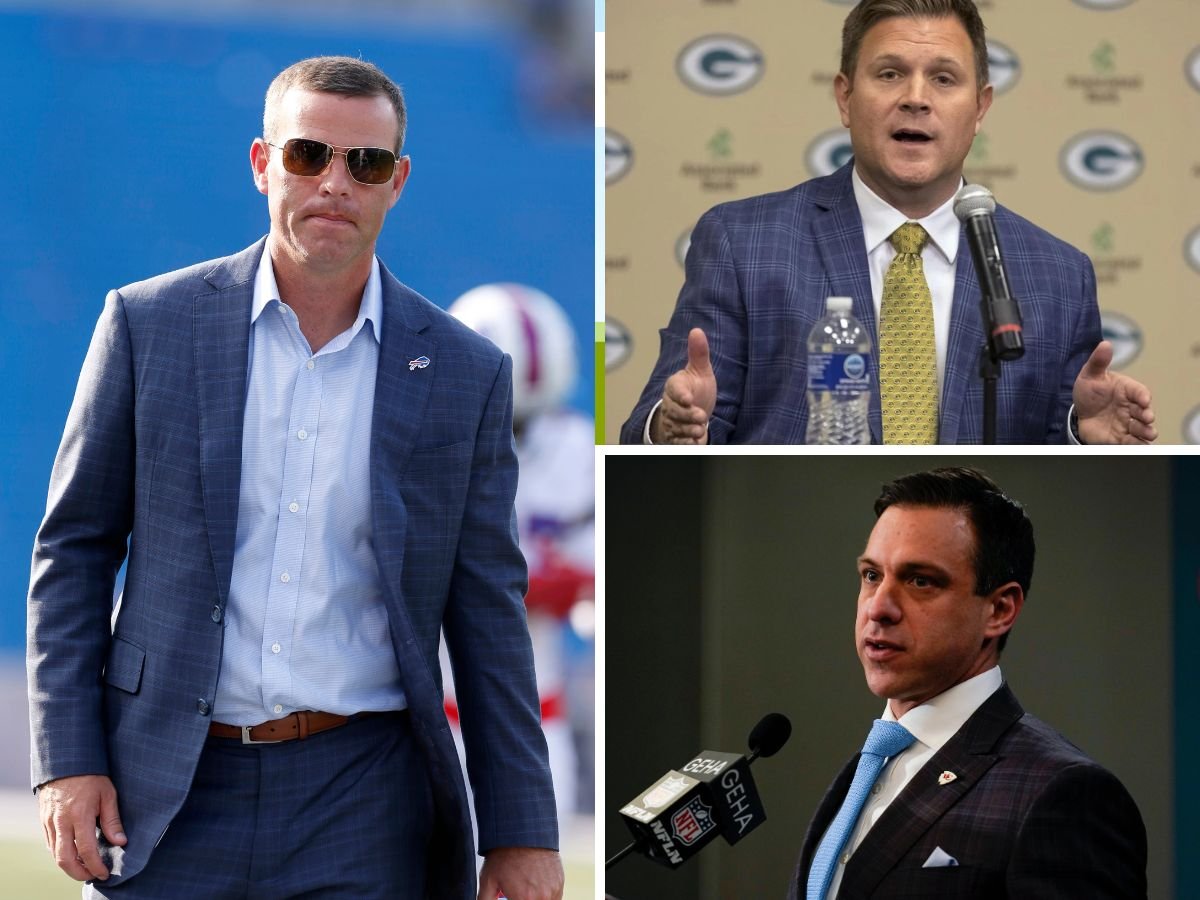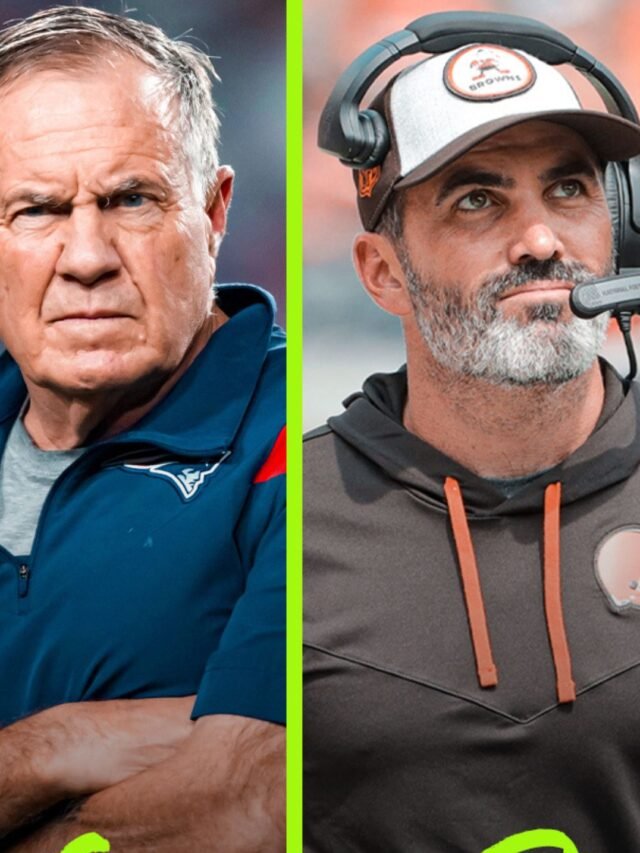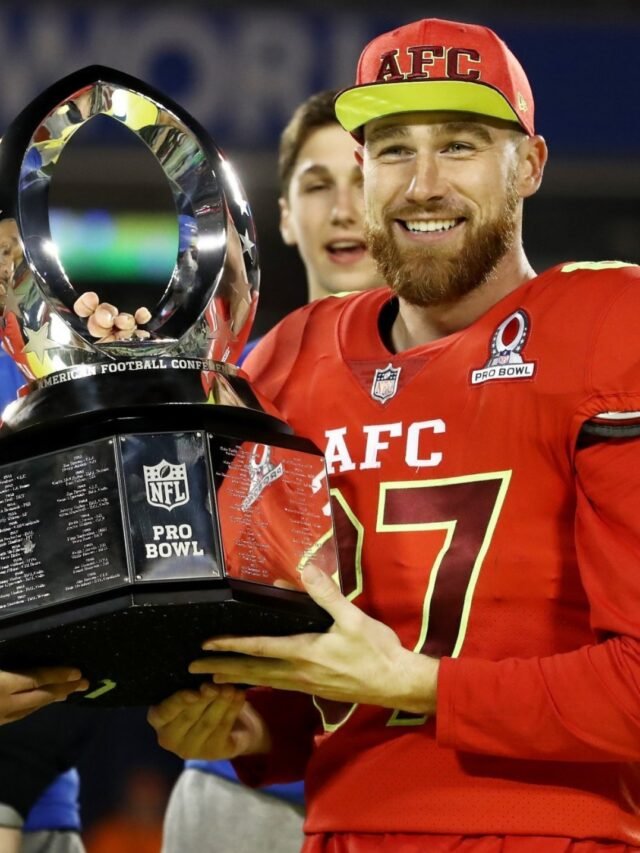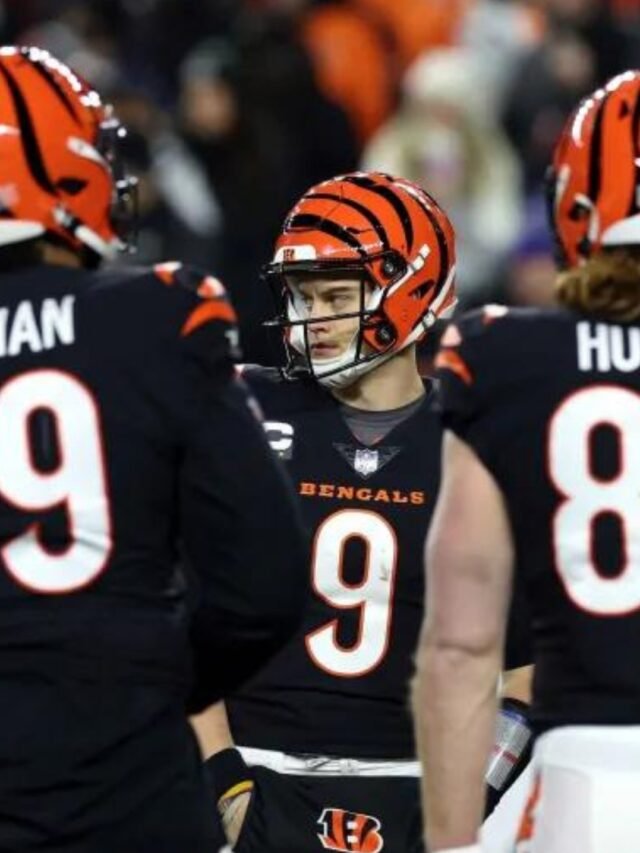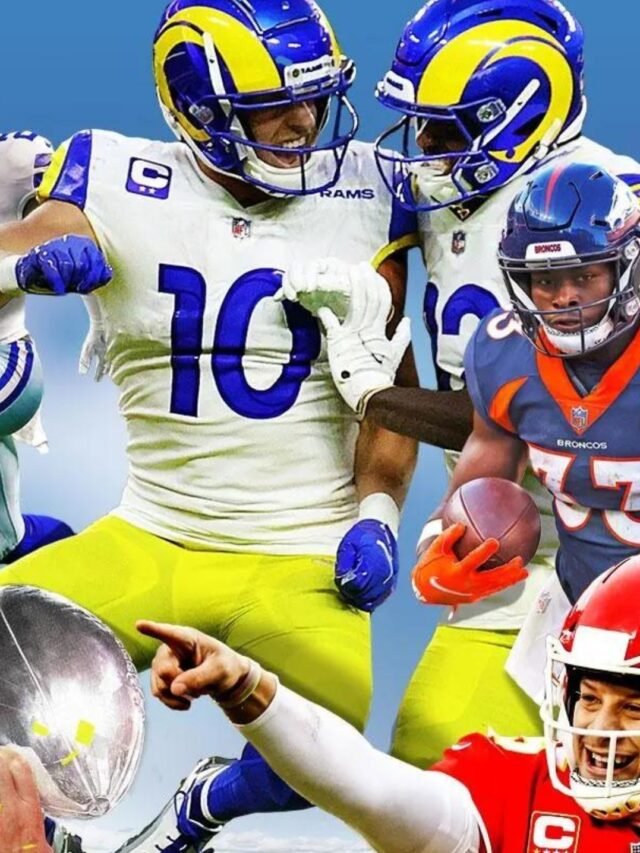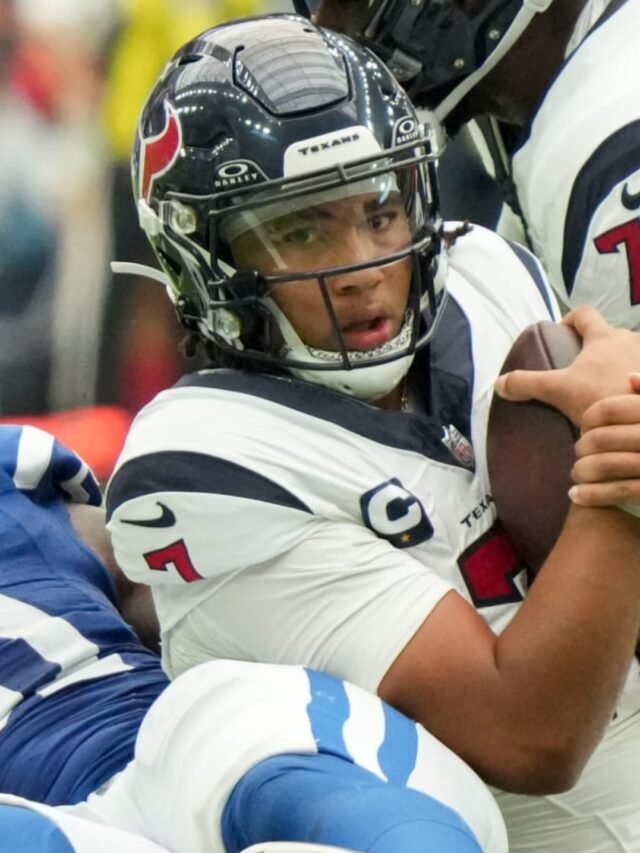The role of a General Manager (GM) in the NFL encompasses various important responsibilities. From scouting college players to negotiating contracts and managing the team’s overall composition, an NFL GM’s duties are integral to a team’s success. This article provides an in-depth look into the NFL GM’s work, highlighting its complexity and significance.
Contents
Key Responsibilities of an NFL GM1. Scouting and Drafting Players2. Free Agency and Contract Negotiations3. Team Management and Decision-Making4. Working with Coaches5. Salary Cap Management6. Public and Media Relations7. Long-Term Team StrategyPath to Becoming an NFL GMThe Impact of an NFL GMThe Bottom Line
Key Responsibilities of an NFL GM
1. Scouting and Drafting Players
- Scouting College Talent: A significant part of an NFL GM’s job is to scout for college talent. This involves working closely with scouting personnel to identify players who fit the team’s style and needs. GMs must have an eye for talent and potential, assessing not just a player’s current skills but also their ability to develop and adapt.
- Draft Strategy: During the NFL Draft, GMs make crucial decisions about which players to pick. This process involves predicting other teams’ moves, understanding the draft pool’s depth, and sometimes making quick, strategic decisions if a targeted player is picked by another team. Draft picks can significantly shape the team’s future, making this a high-pressure aspect of the GM role.
2. Free Agency and Contract Negotiations
- Managing Free Agency: GMs must navigate the complexities of free agency, where they sign new players and re-sign current ones. This involves negotiating contracts, understanding market values, and ensuring the team remains within the salary cap. GMs need to balance attracting high-quality talent with financial prudence.
- Contract Negotiations: A critical part of this process is negotiating player contracts. GMs must understand the intricacies of NFL contracts, including bonuses, guarantees, and salary cap implications. They work to secure players on terms that are favorable to both the player and the team.
3. Team Management and Decision-Making
- Seasonal and Mid-Season Adjustments: GMs must also make adjustments to the team roster throughout the season. This could involve trading players, picking up free agents, or making other moves to address injuries or performance issues.
- Overall Football Operations Oversight: In many teams, the GM oversees the entire football operations, often reporting to the team president, CEO, or owner. This means they are involved in not just player-related decisions but also broader team strategy and operations.
4. Working with Coaches
- Collaboration with Coaching Staff: A successful NFL GM works closely with the head coach and the coaching staff. While the GM may have final say in player-related decisions, a harmonious and cooperative relationship with the coaching staff is essential for translating those decisions into on-field success.
5. Salary Cap Management
- Financial Acumen: One of the most complex parts of an NFL GM’s job is managing the team’s salary cap. This involves a deep understanding of the NFL’s financial rules, player valuation, and strategic financial planning. GMs must balance present team needs with future financial flexibility.
Read: Highest Paid Positions in NFL: Contract and Salary Details
6. Public and Media Relations
- Representing the Team Publicly: While not often highlighted, GMs frequently serve as a public face for the team’s front office, dealing with the media, making public statements, and sometimes addressing fans directly. This requires strong communication skills and the ability to handle pressure and scrutiny.
7. Long-Term Team Strategy
- Vision and Direction: Beyond the immediate season, GMs are responsible for setting the long-term strategy and vision for the team. This involves planning for future seasons, managing player transitions, and ensuring the team has a sustainable model for success.
Path to Becoming an NFL GM
- Career Progression: Many GMs start as scouts and gradually climb the ladder within an organization.
- Educational Background: While there are no strict educational requirements, many successful GMs have business-related degrees.
- Patience and Persistence: The journey to becoming an NFL GM is often long, requiring patience and the ability to make impactful decisions over time.
The Impact of an NFL GM
- Team Success: The effectiveness of an NFL GM is often judged by the team’s performance and the ability to build a cohesive unit.
- Notable GMs: GMs like Jason Licht (Buccaneers), Brandon Beane (Bills), and Eric DeCosta (Ravens) are renowned for their successful team-building strategies.
The Bottom Line
The role of an NFL GM is multifaceted, requiring a blend of scouting expertise, financial savvy, and strategic thinking. Their decisions shape the team’s present and future, making the NFL GM work a crucial element in the complex machinery of professional football.

